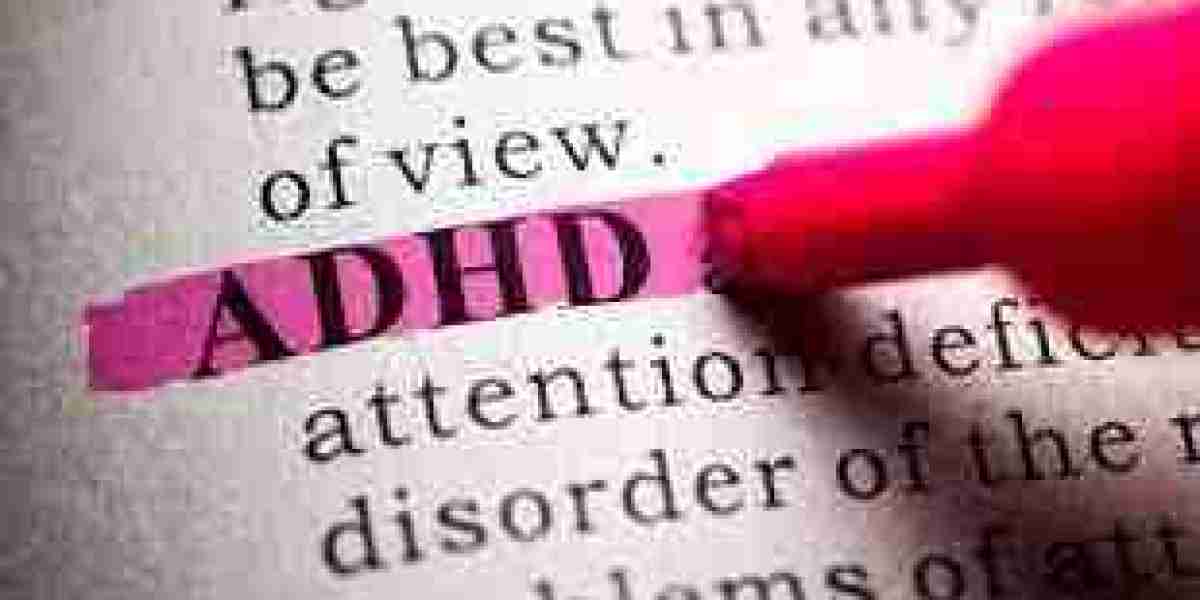Which tests can identify ADHD in kids?
A few processes, as well as possible tests and examinations, are involved in diagnosing ADHD. A diagnosis can frequently be made by a physician, psychiatrist, or other mental health specialist based on an assessment of the symptoms.A physician or other diagnosing specialist may, as part of an examination, speak with parents, teachers, and other caregivers as well as examine school records.administer psychological evaluationsExamine your eyes and hearing.Observe thingsExamine behavior scales rated by parents or teachers.examine your parenting approach reports from oneselfChildren may have different opinions. While some people might require more testing than others, others might not.
Standards
For a primary care physician to diagnose a kid, the patient must exhibit symptoms and deficits in multiple major settings. These contexts can include social settings, intellectual environments (like those in schools), and occupational or professional surroundings, depending on the person's age. A physician can use the data they get from guardians, teachers, mental health providers, parents, and other professionals who have direct contact with the kid to help with the diagnosis. They must rule out other potential explanations of the symptoms and disability during the diagnosing process. Inattention and hyperactivity are the two groups into which symptoms fall.For a kid to be diagnosed with inattention and/or hyperactivity, they must exhibit at least six of the following symptoms before they are sixteen.
Symptoms of inattention frequently involve the following behaviors:
losing concentration or being distracted, as in not following directions or finishing assignments or activities, finding it difficult to pay attention, or seeming not to hear someone outrightmaking thoughtless errors or failing to pay close attention to details being easily distracted having trouble staying organized Avoiding or detesting academics, homework, or other activities that call for prolonged mental effortforgetting stuff while going about daily tasks misplacing crucial items including documents, books, school supplies, and keys
Symptoms of hyperactivity and impulsivity frequently involve performing the following:
unable to wait their turn, getting up from their seat, fidgeting or wriggling, or appearing as though they are constantly "on the go" scurrying around or scaling objects in inappropriate settingstalking too much, being unable to play quietly, participating in activities, answering questions before they are fully asked, and disturbing other people Furthermore, a kid must exhibit several inattentive or hyperactive-impulsive symptoms before the age of twelve in order for a doctor to diagnose ADHD in them. Additionally, they must provide convincing proof that the symptoms impair or interfere with day-to-day functioning, such as at work or school.
A physician will identify the person's type or category of ADHD during the diagnostic process. They may consist of:
Mixed kind ADD
ADHD that is mostly inattentive
primarily hyperactive ADHD
Which tests are used to identify adult ADHD?
Adults with ADHD cannot be diagnosed with a single test, just like children. The presentation of symptoms is how clinicians diagnose adults with ADHD.
Assessments might differ a lot but could consist of:
symptom checklist for interviews
ADHD behavior evaluation measures that are standardized
Details from the person's spouse or other contacts
An adult just needs to exhibit five symptoms, as opposed to five for a clinical diagnosis. Adults may experience slightly different symptoms than youngsters. Furthermore, an adult with ADHD may still have ADHD, albeit with different symptoms of ADHD
Rather than hyperactivity, some potential distinctions in symptoms include restlessness and agitation.
An adult may not be diagnosed with ADHD if their symptoms do not interfere with their ability to function in social, domestic, or professional contexts.
However, if a person has problems, including persistently doing a poor job, a history of performing poorly at work or school, relationship problems, or forgetfulness, they could require an examination.
persistent stress brought on by not living up to expectations
Where are ADHD evaluations conducted?
An evaluation for ADHD can be conducted at the office of a primary care physician. A general practitioner may, nevertheless, recommend an adult or kid to a specialist who has greater experience with the illness.
The assessment will take conducted in the specialist's office, if a referral is required.
Who is qualified for the treatment of ADHD?
Those with the necessary training for treatment of ADHD include:
psychologists in practice
doctors, including psychiatrists
family physicians, clinical social workers, and neurologists
One should enquire about a specialist's training and experience before choosing one. It might be a good idea for adults to seek out experts who have dealt with adult ADHD.
What signs may warrant an evaluation for ADHD?
Different presentations of ADHD can occur in adults and children.
A parent, caregiver, or teacher may observe symptoms in youngsters such as: excessive talking
being more engaged in activities than other kids
Impulsivity trouble focusing or obeying instructions
If a child's conduct is causing problems at home, school, or both, a parent or guardian may ask for an assessment.
Adults who exhibit signs including irregular work performance or a history of underachieving in their academic or professional endeavors may choose to get evaluated.
strong thoughts of self-blame or shame inability to finish tasks, which strains relationships
regularly leaving or being fired from jobs
inadequate time management of regular duties or obligations frequently worrying or experiencing stress over not achieving targets or expectations
losing crucial information or becoming agitated over seemingly insignificant things







